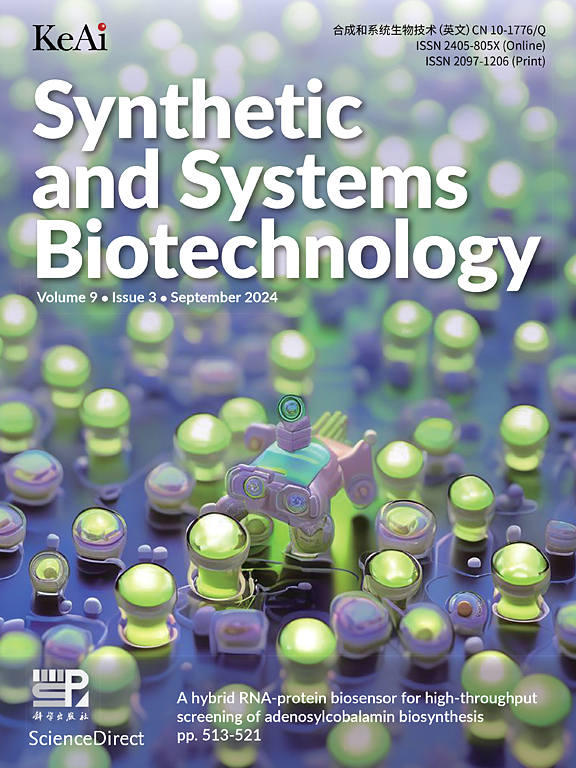DNA storage: The future direction for medical cold data storage
IF 4.4
2区 生物学
Q1 BIOTECHNOLOGY & APPLIED MICROBIOLOGY
引用次数: 0
Abstract
DNA storage, characterized by its durability, data density, and cost-effectiveness, is a promising solution for managing the increasing data volumes in healthcare.
This review explores state-of-the-art DNA storage technologies, and provides insights into designing a DNA storage system tailored for medical cold data. We anticipate that a practical approach for medical cold data storage will involve establishing regional, in vitro DNA storage centers that can serve multiple hospitals. The immediacy of DNA storage for medical data hinges on the development of novel, high-density, specialized coding methods. Established commercial techniques, such as DNA chemical synthesis and next-generation sequencing (NGS), along with mixed drying with alkaline salts and refined Polymerase Chain Reaction (PCR), potentially represent the optimal options for data writing, reading, storage, and accessing, respectively. Data security could be promised by the integration of traditional digital encryption and DNA steganography. Although breakthrough developments like artificial nucleotides and DNA nanostructures show potential, they remain in the laboratory research phase.
In conclusion, DNA storage is a viable preservation strategy for medical cold data in the near future.

DNA存储:医学冷数据存储的未来方向
DNA存储具有耐用性、数据密度和成本效益等特点,是一种很有前途的解决方案,可用于管理医疗保健领域不断增长的数据量。本综述探讨了最先进的DNA存储技术,并为设计适合医疗冷数据的DNA存储系统提供了见解。我们预计,一种实用的医疗冷数据存储方法将涉及建立可为多家医院服务的区域体外DNA存储中心。医学数据DNA存储的即时性取决于新型、高密度、专门编码方法的发展。已建立的商业技术,如DNA化学合成和下一代测序(NGS),以及碱盐混合干燥和精制聚合酶链反应(PCR),可能分别代表数据写入,读取,存储和访问的最佳选择。将传统的数字加密技术与DNA隐写技术相结合,可以保证数据的安全性。尽管人工核苷酸和DNA纳米结构等突破性发展显示出潜力,但它们仍处于实验室研究阶段。综上所述,DNA存储是近期一种可行的医学冷数据保存策略。
本文章由计算机程序翻译,如有差异,请以英文原文为准。
求助全文
约1分钟内获得全文
求助全文
来源期刊

Synthetic and Systems Biotechnology
BIOTECHNOLOGY & APPLIED MICROBIOLOGY-
CiteScore
6.90
自引率
12.50%
发文量
90
审稿时长
67 days
期刊介绍:
Synthetic and Systems Biotechnology aims to promote the communication of original research in synthetic and systems biology, with strong emphasis on applications towards biotechnology. This journal is a quarterly peer-reviewed journal led by Editor-in-Chief Lixin Zhang. The journal publishes high-quality research; focusing on integrative approaches to enable the understanding and design of biological systems, and research to develop the application of systems and synthetic biology to natural systems. This journal will publish Articles, Short notes, Methods, Mini Reviews, Commentary and Conference reviews.
 求助内容:
求助内容: 应助结果提醒方式:
应助结果提醒方式:


